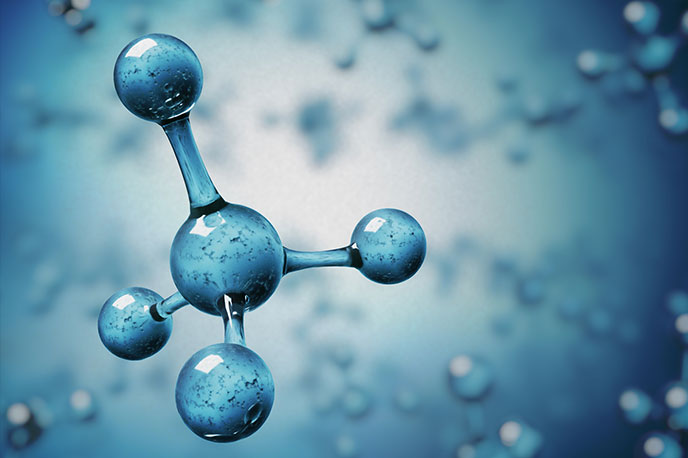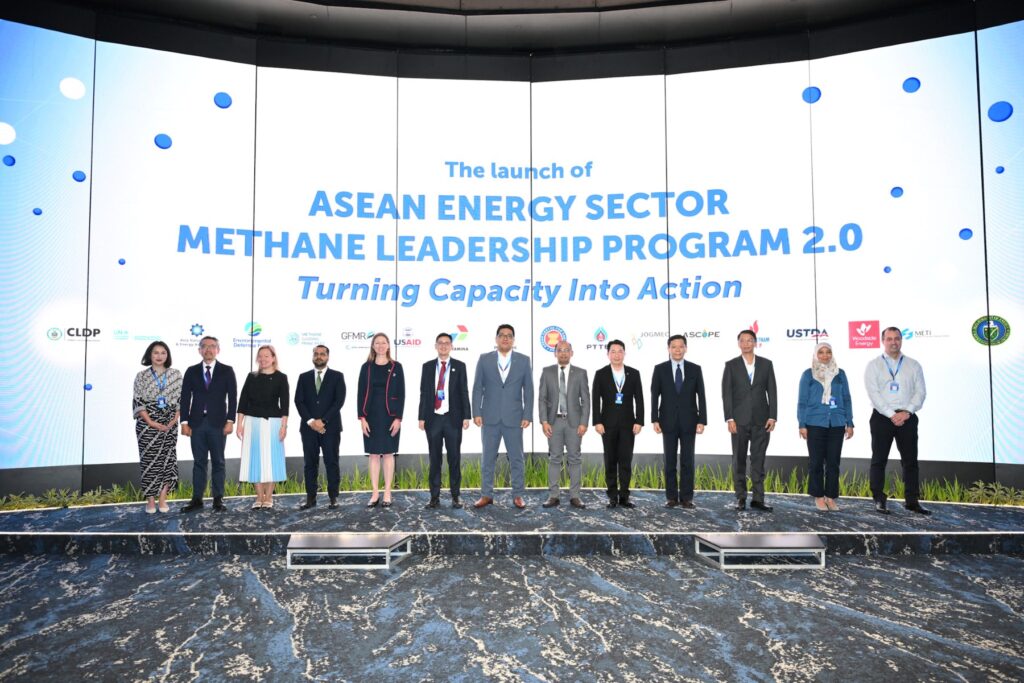Signatory companies to the Methane Guiding Principles have committed to undertake a broad range of actions to strengthen the management of methane emissions throughout the oil and gas industry.
At a meeting in London on January 16, companies agreed to host and fund training courses targeted at executive-level staff as well those directly responsible for measuring, reporting and mitigating methane emissions.
This training will address knowledge gaps through educational material which covers methane science, methane reduction strategies and planning, measurement techniques, a guide to technology and disclosure, and where to get guidance and support. Courses are confirmed to take place in Canada, Italy, Norway, Oman, Qatar and the USA. Further locations for courses will be announced throughout the year.
Other priority actions agreed in London include:
- Supporting timely European Union (EU) legislation that achieves ambitious methane emissions reduction outcomes across the supply chain of natural gas sold and used in the EU;
- Developing additional material – including on the transmission and distribution segments of the supply chain and methane measurement, detection and quantification – to complement the Best Practice Guides, Synopses and Tools, developed in 2019 to offer practical solutions for companies looking to manage their methane emissions;
- Supporting the expansion of the International Energy Agency’s Methane Tracker and a database and roadmap to support regulators to establish methane regulation; and
- Exploring pathways to encourage joint venture partners to prioritize and execute on methane mitigation opportunities.
“Readily-available technologies and management practices can dramatically reduce methane emissions from oil and gas operations, so it’s encouraging to see more and more companies making strong commitments to reduce emissions, taking action and reporting on their results.”
Mark Radka, Chief of the Energy and Climate Branch, United Nations Environment Programme
“Oil and gas methane emissions can be reduced cost-effectively and they can be reduced quickly – IEA analysis shows this very clearly. Actions under Methane Guiding Principles provide ways to make verifiable progress with this effort, which is critical to the achievement of international climate goals.”
Tim Gould, Head of Division, World Energy Outlook, International Energy Agency
Twenty-one companies are now signatories to Methane Guiding Principles, up from eight companies two years ago. There are also fourteen supporting organizations. The growing number of signatories and supporting organizations increasingly reflects the full supply chain.
This voluntary, international, multi-stakeholder initiative between industry and non-industry organizations focuses on priority areas for action to continually reduce emissions of methane – a potent greenhouse gas – along the natural gas supply chain, from production to the final consumer. Priority action areas under the principles include improving data quality, engaging the value chain, advocating for regulation and improving transparency, all in the service of continually reducing methane emissions.




